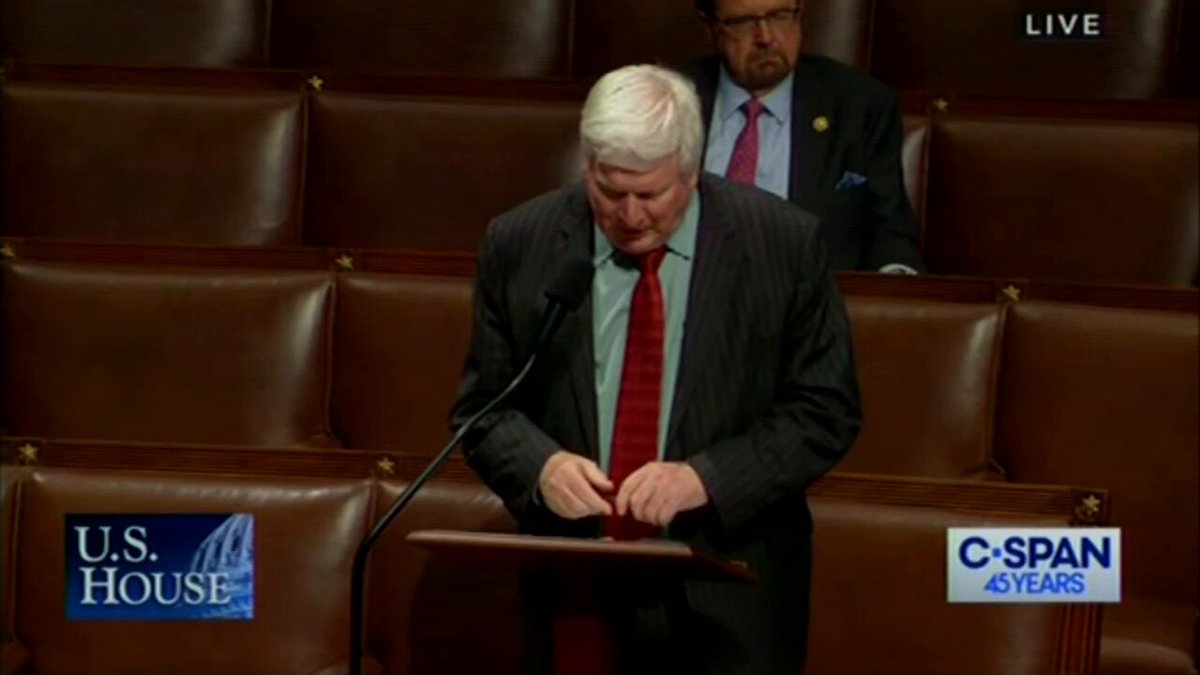The statement in question appears to be a critique of a public figure's performance in a legislative context, specifically referring to an exchange during a session in the U.S. House of Representatives. The tone of the statement is somewhat mocking and hyperbolic, suggesting that the incident will be remembered negatively for generations. This engages in public discourse by commenting on the conduct and knowledge of public officials in their official capacities.
- The statement potentially harms the reputation of the individual by predicting long-term negative remembrance, which could be seen as an exaggeration. [-1]Principle 1:I will strive to do no harm with my words and actions.
- The statement does not fully respect the dignity of the individual involved, as it uses hyperbole to emphasize the perceived failure in a public and possibly humiliating way. [-1]Principle 2:I will respect the privacy and dignity of others and will not engage in cyberbullying, harassment, or hate speech.
- The statement does not promote understanding or compassion, but rather focuses on highlighting a perceived failure in a public setting. [-1]Principle 4:I will engage in constructive criticism and dialogue with those in disagreement and will not engage in personal attacks or ad hominem arguments.
- The statement does not acknowledge the possibility of error in its own assessment or the context of the discussion, lacking a balanced perspective. [-1]Principle 5:I will acknowledge and correct my mistakes.
- The use of hyperbole and a mocking tone may not uphold the integrity expected in responsible public discourse, potentially undermining constructive dialogue. [-1]Principle 7:I will uphold the principles of free speech and use my platform responsibly and with integrity.
